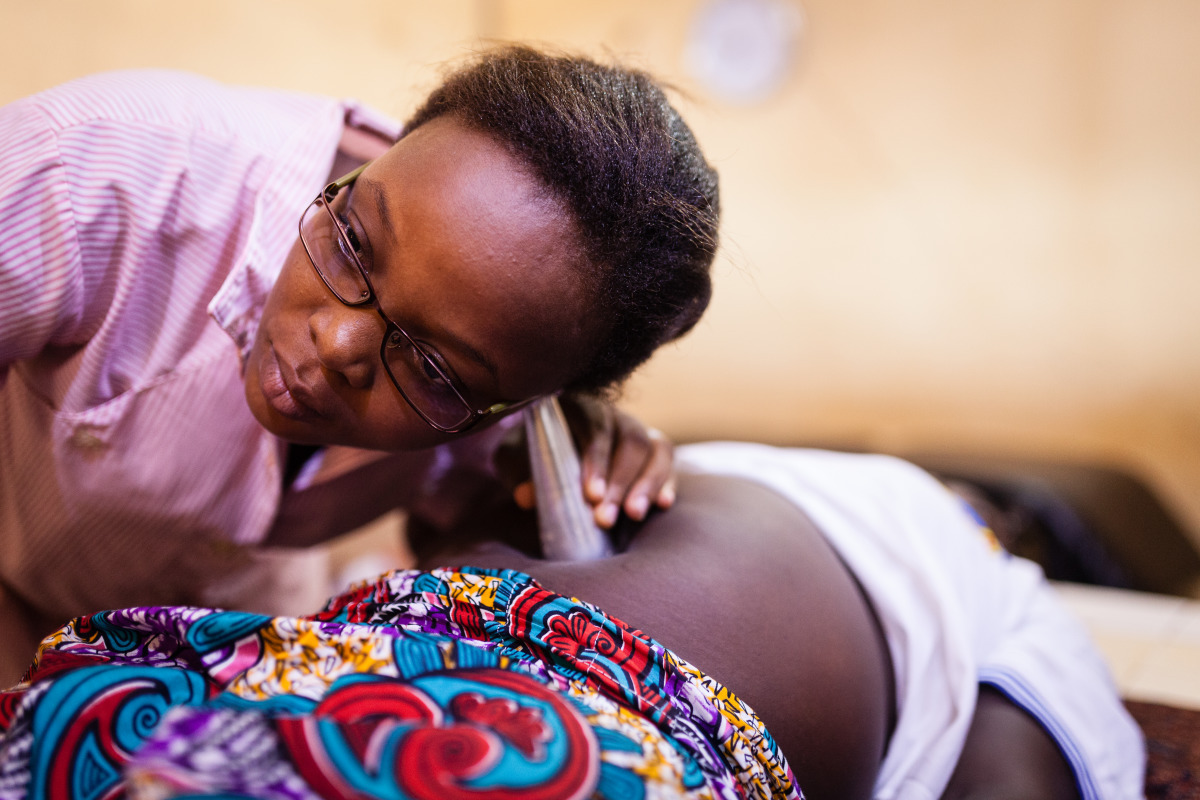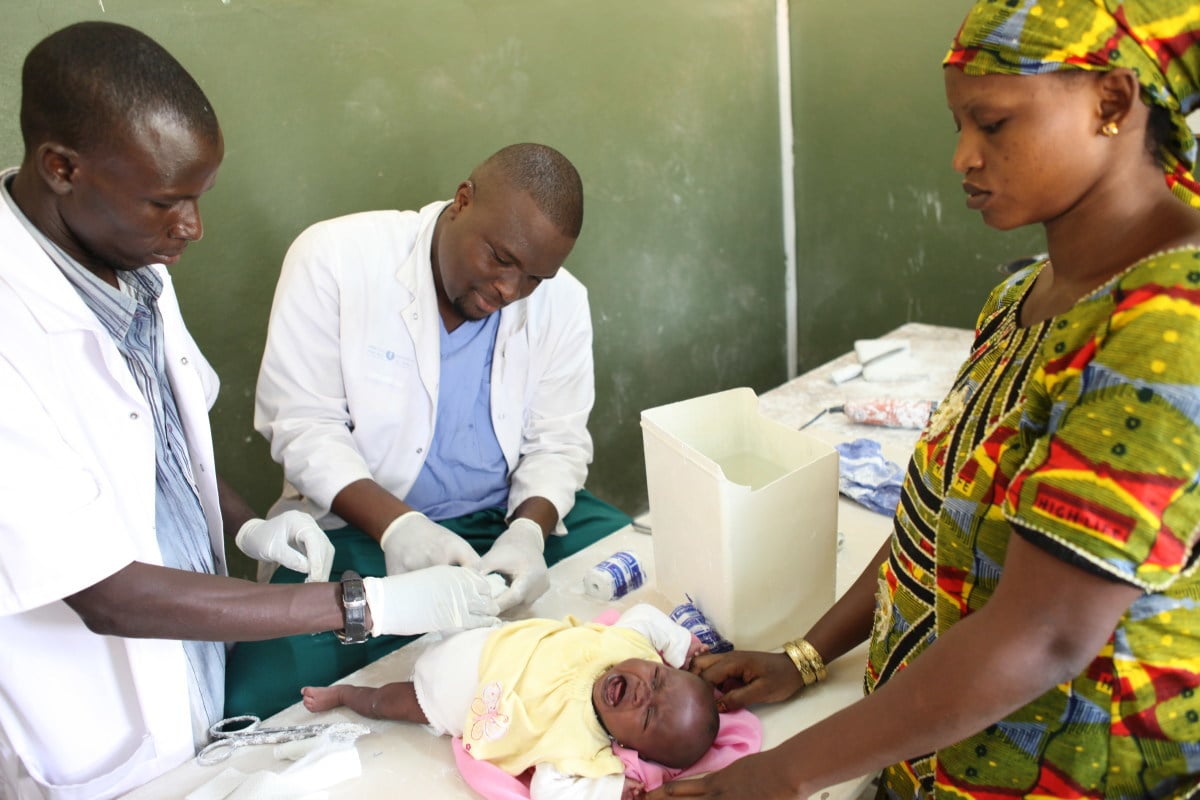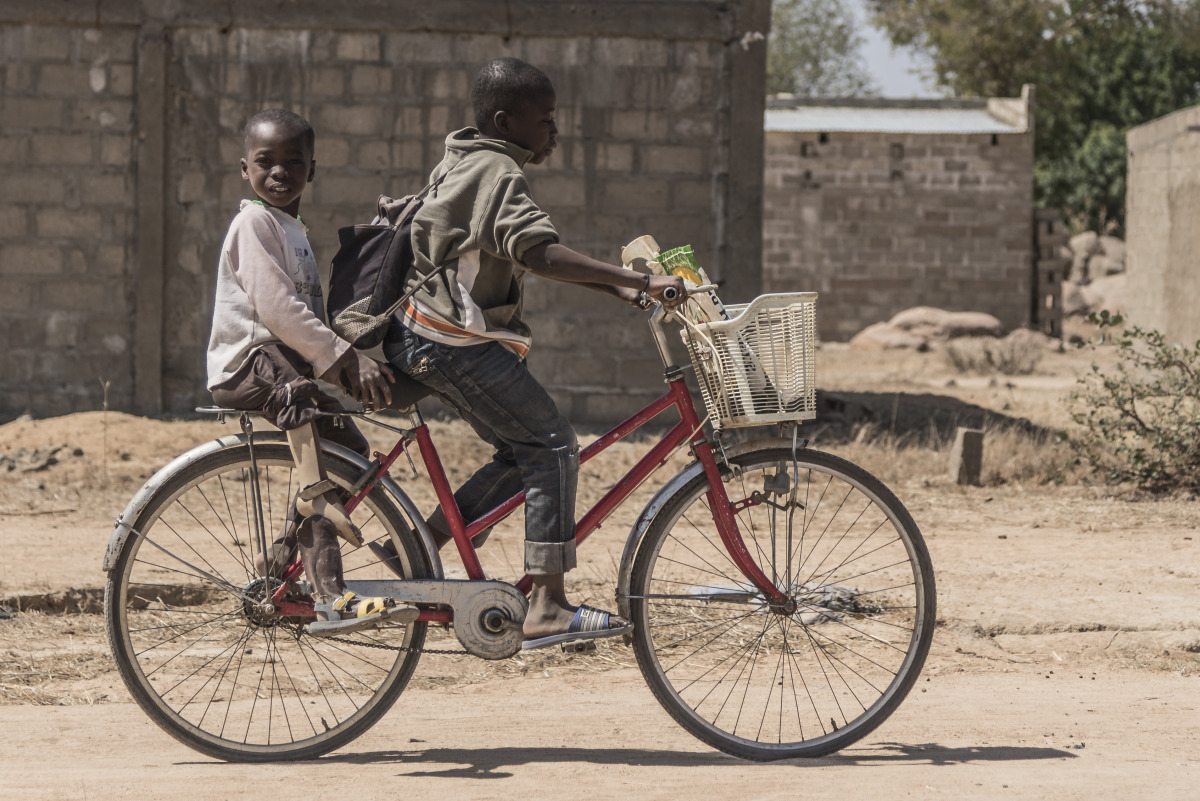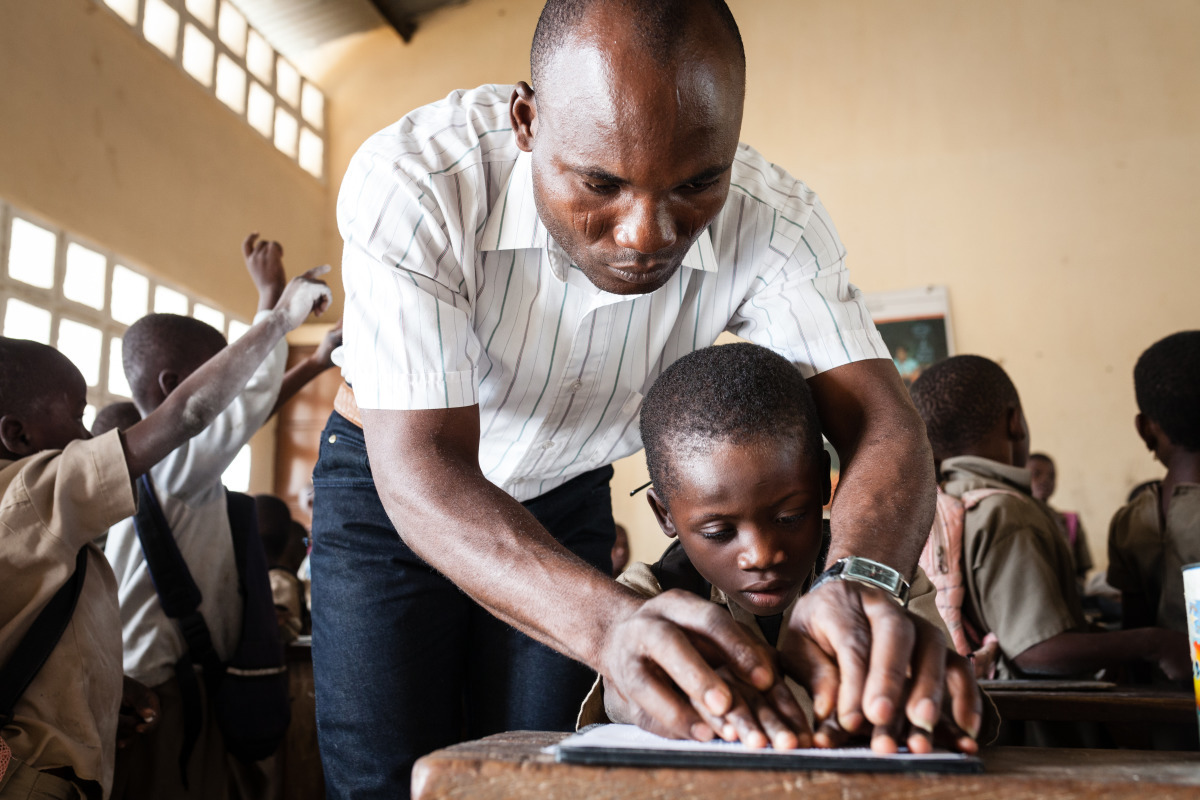International Day of the African Child
The 16th of June, celebrated as the international day of the African child, is an opportunity to reflect on the important progress that has been made for children in Africa. It is also a day to recognise the injustices and challenges that many African children still face.

© R. Colfs/Handicap International
For most children born in Africa today, the outlook is much brighter than when Handicap International first began working on the continent, back in 1984. Over the past 3 decades, infant mortality rates have halved, the number of children attending secondary school has increased four-fold and average life expectancy has increased by 10 years.
However, opportunities for African children continue to fall short when compared with the rest of the world and many children are still born into extreme adversity. Children in sub-Saharan Africa are 14 times more likely to die before the age of 5 than children in developed regions.
Handicap international works in 26 countries in Africa to accompany children born into challenging circumstances throughout their early lives.
We are there from the very beginning, to make sure that healthy mums have healthy babies:

© R. Binard / Handicap International, Togo
We intervene early when children have physical disabilities that can be treated:

© S. Rieussec / Handicap International, Mali
We provide mobility aids and prosthetics as children grow so that they can make the most of their childhood:

© E. Rogard / Handicap International, Burkina Faso
And we make sure that schools adapt to children’s needs so that they can complete their education:

© R. Binard / Handicap International, Togo




